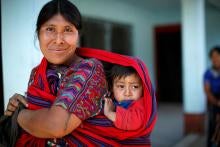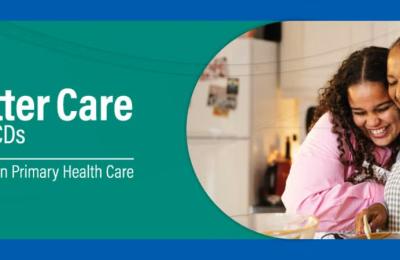Accelerating integration of noncommunicable diseases into primary health care
[Extract] Noncommunicable diseases (NCDs), principally cardiovascular diseases, cancer, diabetes and chronic respiratory diseases, are the leading causes of death and disability in the World Health Organization’s Region of the Americas, with an estimated 6 million deaths in 2021, 38% of which were premature, occurring in people younger than 70 years (1). Many of these premature deaths can be avoided with improved access to and quality of primary health care.














